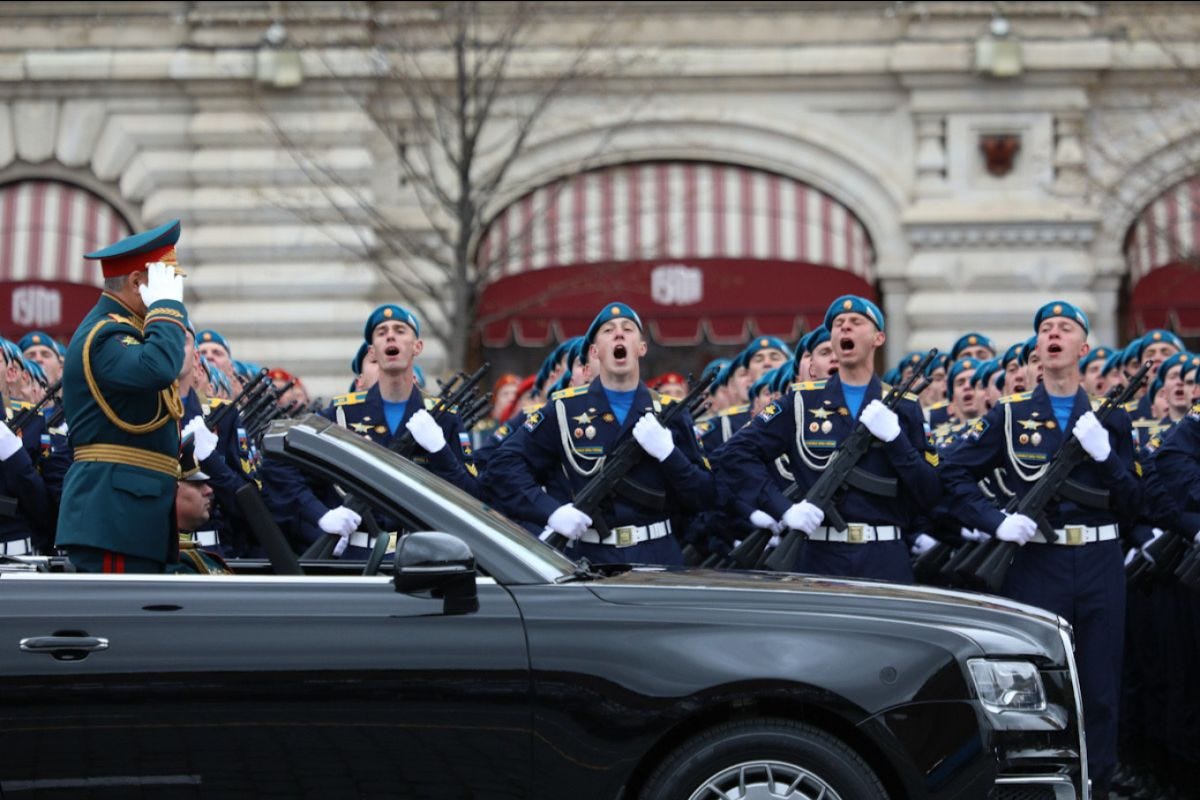Tragedy in Kazan

Hello from BMB Russia! In today’s brief, we discuss the school shooting in Kazan, the Ministry of Finance’s de-offshorization efforts, and YouTube’s temporary censorship.
— Stephanie Petrella
Kazan Shooting
Russia returned from its extended May holidays on Tuesday to sad news. Seven students and two employees were killed in a school shooting in Kazan today, and an additional 21 were hospitalized. Health officials say that six of the children hospitalized are in serious condition. The perpetrator of the shooting was a 19-year-old former student, who legally obtained a license for a semiautomatic firearm in April. He was taken into custody, and footage of his psychiatric evaluation in detention spread online. The families of shooting victims will receive compensation of 1 million rubles ($13,500) from the government, and those injured will receive 200,000-400,000 ($2,700-5,400).
In response to the shooting, Putin instructed the Russian National Guard, which regulates gun ownership, to draft new rules restricting the types of weapons that civilians can own. Russia already has relatively strict gun ownership laws, which are granted only for hunting and sport. To obtain a license, applicants must pass a psychological exam and background check. Guns that shoot in bursts or have magazines with more than 10 cartridges are outlawed. As a result, school shootings in Russia are relatively rare. This is the fifth since 2014.
Other politicians are also discussing stricter controls in response to the shooting. United Russia party secretary Andrey Turchak said that the Duma must tighten gun legislation and review its approach to protecting schools. Human Rights ombudsman Tatyana Moskalkova has proposed raising the minimum age for receiving a gun license from 18 to 21. And Duma Speaker Vyacheslav Volodin is taking a different approach entirely: in addition to voicing the need for tighter gun regulation, Volodin said that lawmakers must discuss the idea of “abandoning anonymity on the internet,” which he believes would help reduce the amount of “content propagandizing violence and heroizing extremism.”
Yet as Meduza and The Bell have pointed out, much of what is being discussed has already been proposed. After the school shooting in Kerch in 2018, Putin told Rogvardia to tighten licensing regulations, and lawmakers voiced similar suggestions about increasing controls. Little of substance happened, and gun controls are now looser in 2021 than they were in 2018.

Snapshot: Russia celebrated Victory Day on Sunday with all of its usual pomp and circumstance. Check out a summary of Putin’s speech, in which he vowed to firmly defend national interests and denounced the return of Russophobia, here. (Photo: Andrei Nikerichev/Moskva News Agency/via The Moscow Times)
Tax Policy
Russia’s finance ministry is continuing its crusade against companies transferring wealth abroad. As a refresher, in his first address during the coronavirus pandemic last year, Putin instructed the government on dividend payments moved offshore from 5% to 15%. The goal of doing so is to close a loophole that Russian businesses use to avoid paying income taxes, thus depriving the federal budget of funds. (For more details on this loophole, see .)
Two important things happened in these efforts today. First, the Duma passed a law denouncing its bilateral tax treaty with the Netherlands. The Netherlands was one of the first countries that Russia sought to amend its tax agreement with, but the negotiations did not go as planned. If Russia’s leadership completes the formal denunciation process by the end of June, Russian companies domiciled in the Netherlands—like Yandex, the X5 Retail Group, and the parent company of Beeline—will have to pay taxes in both countries starting in January 2022. Doing so would substantially eat into their profits. According to the Ministry of Finance, Russia’s budget lost 339 billion rubles ($4.6 billon) from companies transferring dividends to the Netherlands in 2019.
Second, after successfully revising tax agreements with popular offshore destinations—Cyprus, Malta, and Luxembourg—MinFin has selected new targets. The finance ministry says it plans to begin negotiations with Hong Kong, Singapore, and Switzerland to increase the rate at which dividends are taxed. According to MinFin, once the tax treaties with these three locations are amended, roughly 90% of dividends transferred abroad will be taxed at the new 15% rate.

Snapshot: Victory Day celebrations in Moscow. (Photo: Sergei Savostyanov/TASS/ via The Moscow Times)
Tech
YouTube appeared to be caving to Russian state censors’ pressure last week when it temporarily restricted videos that linked to Alexey Navalny’s “Smart Voting” website. Novaya Gazeta reported on May 6 that 10 minutes before it planned to launch a scheduled live stream about political repressions in Russia, YouTube blocked its account from uploading videos. Russian video news site Sota.Video also said that YouTube had deleted a link to the Smart Voting site from a live stream of protests that it posted in August 2019. Sota.Video furthermore received a warning that repeated violations would result in a ban. The same happened opposition politician Ilya Yashin. Later that same day, YouTube reinstated the content and apologized for the mix-up. However, the episode highlights the challenging landscape YouTube is now operating in in Russia.



